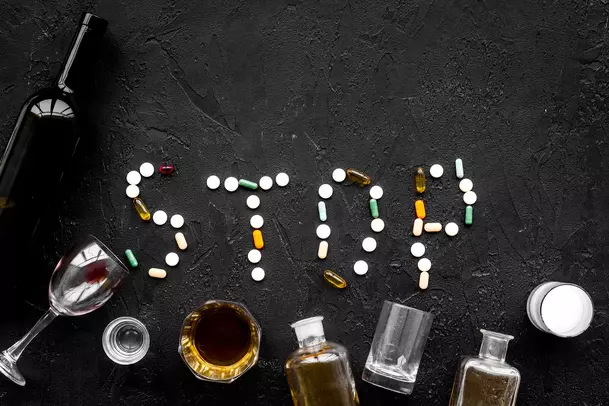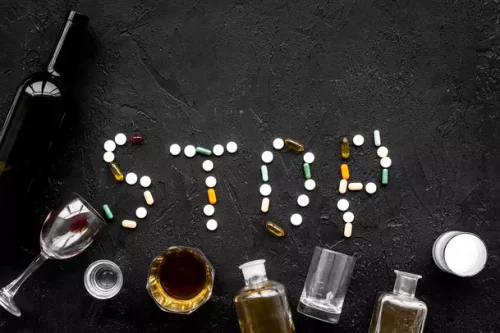
An honest relationship with your doctor matters because drinking can significantly impact your physical and mental health. You will not be the first person your doctor has spoken to about alcohol. They may also be able to prescribe medication to help you manage withdrawal symptoms at home. Your doctor might also use it if you weaning off alcohol discuss your drinking with them.
- This is a highly personal decision, which can be made through self-reflection, and with the support of a medical professional and your peers.
- Remember that seeking help is a sign of strength, not weakness.
- It’s important to work with a professional during the tapering because it can be a delicate process.
Does Tapering Help Reduce Withdrawal Symptoms?
These steps include setting goals, tracking progress, finding support, taking care of yourself, setting boundaries with enablers, and exploring alternative therapies. If you don’t fall into any of these categories, there is less of a risk that you will experience severe withdrawal symptoms. But however much you currently drink, this article will guide your decisions about the support you need, including if tapering off alcohol is right for you.

Can You Taper Off Alcohol Safely At Home?
As many as 71% of people who go through alcohol detox experience symptoms of alcohol withdrawal. This method works best with gradual reduction, as alcohol withdrawal symptoms can start within 12–24 hours after stopping drinking. Generally, alcohol-free days https://ecosoberhouse.com/ are better towards the end of a gradual reduction, not towards the beginning. Tapering involves gradually and progressively reducing your alcohol consumption over time.
Health Categories to Explore
Even if you don’t succeed the first time, there are still plenty of treatment options you can turn to. With these things in mind, it’s important to weigh the pros and cons of tapering your alcohol use to make a fully informed decision. If your health, wellness, and even life may be at risk, quitting alcohol should only be attempted with the help of a medical professional.

Symptoms timeline

These can include improved liver function, better sleep quality, enhanced cognitive function, and a lower risk of developing alcohol-related diseases. As your body detoxifies and heals, you may experience increased energy levels and overall well-being. Talking to your friends and family about your decision to quit drinking is an important step in the process. It’s natural to feel hesitant or embarrassed about discussing your struggles with alcohol, but remember that reaching out for support can make all the difference.
Do I Need to Taper?

The taper schedule below is slightly less aggressive than that. In this schedule, the biggest drop occurs during the first couple days. During this time you’ll likely experience the worst portion of withdrawal symptoms. You then get a couple days where the drop is not as much to stabilize. Tapering is the process of gradually decreasing your consumption of a substance over time to lessen the withdrawal symptoms if you’re physically dependent. This is the same thing they’ll do if you go to a detox facility or hospital, except they’ll use medications instead of alcohol for the taper.

Excessive drinking has numerous impacts on your body and mind, ranging from mild to severe. Learn which signs to look out for, and how to care for your well-being. One Alcoholics Anonymous option for getting help is to consider enrolling in a substance misuse program like Birch Tree Recovery. These centers offer a range of services and treatments, including counseling, medication-assisted treatment, and group therapy.